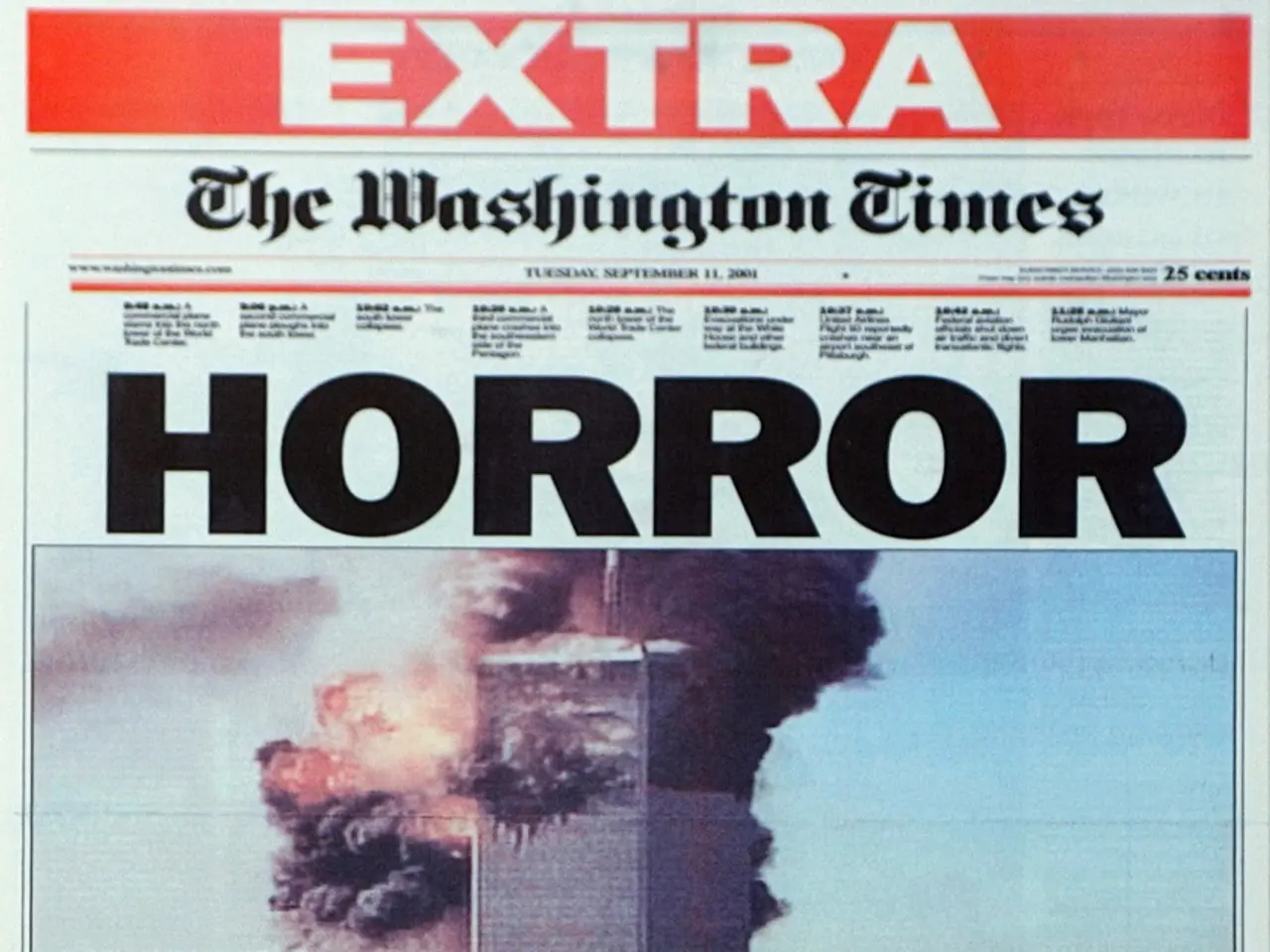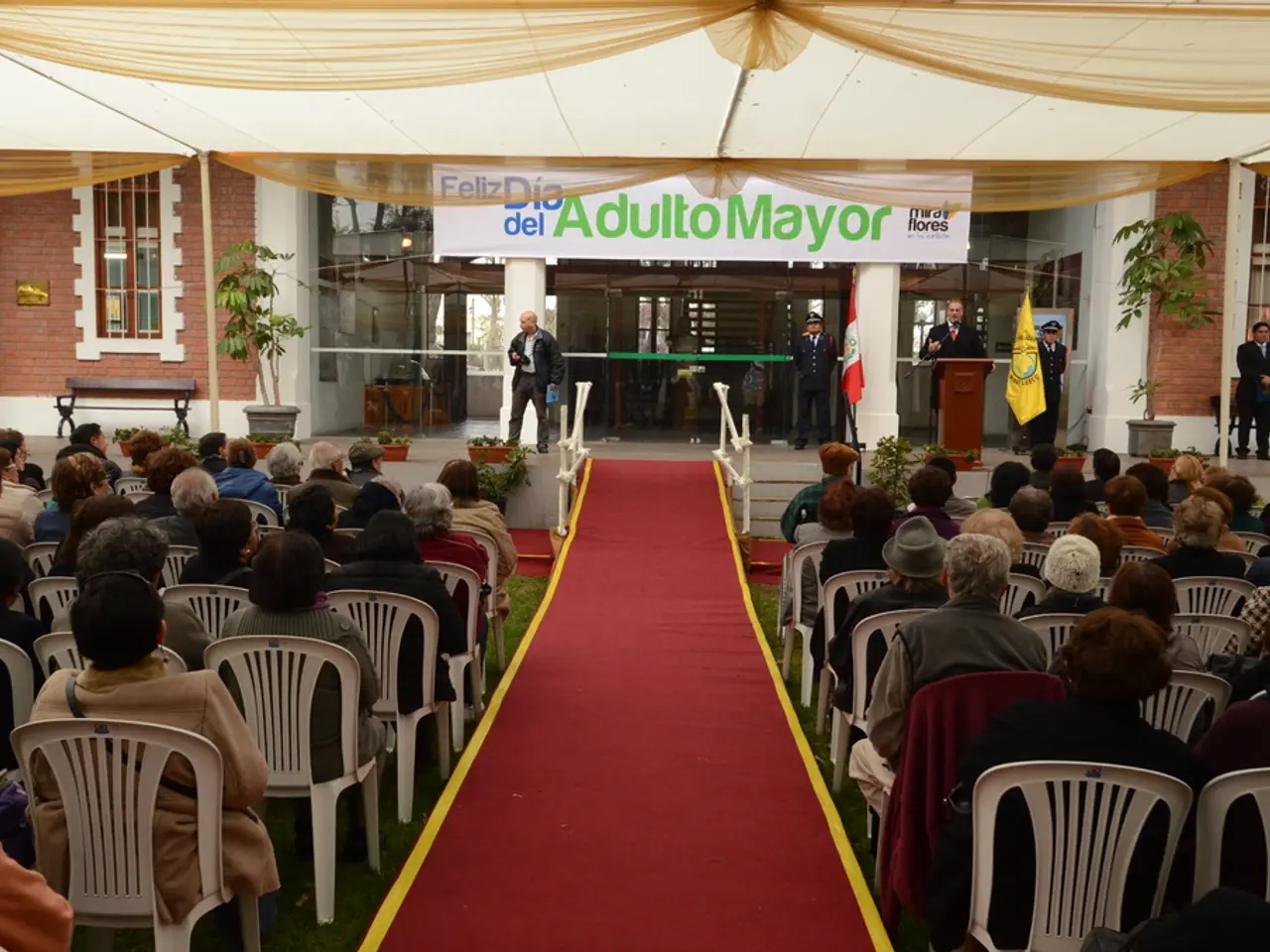Iran's President Rouhani, the BREXIT scenario, and Jacob Rees-Mogg share a common connection.
In the midst of the Brexit saga, the future of the UK's involvement in the Iran nuclear deal, known as the Joint Comprehensive Plan of Action (JCPOA), is a matter of concern.
Jacob Rees-Mogg, a potential Chancellor or even Prime Minister, has expressed reservations about the JCPOA and may take a combative stance towards it. His conservative identity politics and past associations, such as meetings with Steve Bannon, Trump's former adviser, have raised eyebrows.
On the other side of the spectrum, Boris Johnson, the current Foreign Secretary and a potential Prime Minister, has been the most vocal supporter of the JCPOA among the possible future leaders. However, his penchant for off-the-cuff remarks could potentially strain relations with Iran.
Michael Gove, a contender for the role of Deputy Prime Minister, is a prominent figure in the Conservative Friends of Israel organisation and has previously indicated his distaste for the JCPOA.
The EU, on the other hand, is standing steadfastly by the JCPOA. A future British government must resist the temptation to follow the American populist line and instead support its EU partners on Iran.
The JCPOA is a crucial barrier to a nuclear Iran, as no other significant barriers currently exist. Abandoning the deal would remove this barrier, with potentially disastrous consequences. The ongoing sanctions and businesses' hesitations to invest in Iran are contributing to the economic problems the country is facing. These economic problems are largely due to Trump's repeated threats to walk back on the JCPOA.
The autocrats in Iran are likely to benefit most from an about-turn on the JCPOA, while the factions in Iranian politics that do business with the west and encourage reform will be negatively impacted. The people of Iran, whom critics of the JCPOA claim to speak for, will be worse off, not better, if the deal is walked back on.
The Iranian Foreign Ministry has declared that Brexit is a clear sign that the EU has "lost the trust of the people." The Brexit vote has seen the Conservative government consumed by internal divisions as the clock ticks towards the deadline for it to leave the EU.
In the context of the JCPOA, a hard Brexit could complicate the UK's ability to influence and implement the deal effectively. As part of the European trio (with France and Germany) that holds leverage in enforcing the JCPOA and the snapback sanctions mechanism, a hard Brexit—severing close institutional ties with the EU—risks diminishing the UK's diplomatic weight and coordination capacity within the European framework governing the deal.
Therefore, while pro-Brexit leaders like Johnson and Rees-Mogg push for Britain's independent global role, the practical impact of a hard Brexit may be a more limited UK role in preserving and enforcing the Iran nuclear deal, given the central role played by the EU's multilateral diplomatic coordination in the process. This could complicate efforts to respond to Iran's nuclear activities and reduce the UK's leverage alongside EU partners in maintaining international pressure on Tehran.
- In the realm of international politic, entertainment media could highlight the potential impact of Brexit on the UK's involvement in the Iran nuclear deal, offering a platform for discussions about the JCPOA and future leadership in the UK.
- As technology continues to advance and reshape business strategies, analysts in the tech industry may discuss the economic implications of a hard Brexit on Iran, potentially impacting investments and sanctions in the long run.
- In the fashion world, designers could express their opinions on the political implications of Brexit, as the UK's exit from the EU could affect trade agreements and collaboration with Iran.
- General news outlets may report on the historical significance of the JCPOA and the potential consequences of abandoning the deal, providing context for readers and viewers.
- Cultural magazines and websites might delve into the societal and political ramifications of the JCPOA on the people of Iran, examining how an about-turn on the deal could affect different factions within the Iranian political landscape.








